
LAPD hacks iPhone 5s, but how?
The iPhone 5c belonging to San Bernadino shooter Syed Rizwan Farook is not the only iPhone that the US authorities have managed to hack this year. According to a report by Los Angeles Times, the Los Angeles Police Department has "bypassed the security features" of an iPhone 5s.
The iPhone 5s in question was used by April Jace, the wife of The Shield actor Michael Jace, who is facing murder charges, being accused of killing his partner on May 19, 2014. And, according to court documents reviewed by the publication, on March 18 the LAPD claimed to have found a "forensic cellphone expert" who could hack the device, which is believed to hold important evidence in the trial.
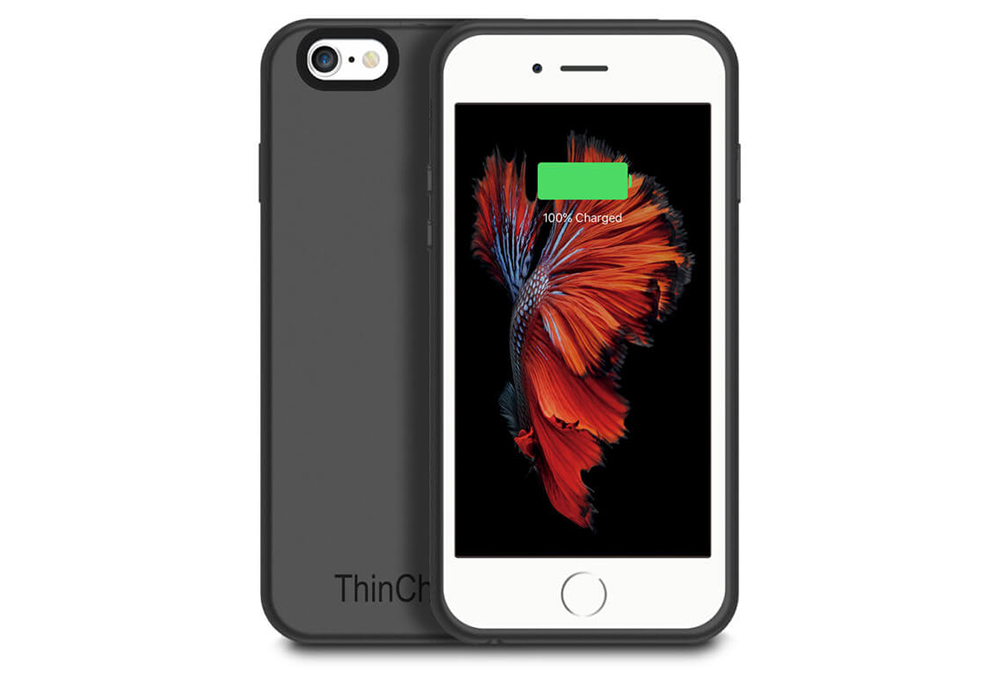
ThinCharge is an excellent, lightweight battery case for iPhone 6/6s [Review]
I love my iPhone 6s, but the battery life often isn’t as good as I would like. On most days I can make it through to the late evening before the device requires charging, but occasionally it needs a bit of a boost before then. The Low Power mode built into iOS 9 comes in handy, but like most people I’d rather just have longer battery life.
While carrying around a power pack saves the day when I’m out and about and away from a charging point, it’s a bit of pain having to lug it around. This is where ThinCharge comes in handy -- it’s a battery pack built into a thin case.
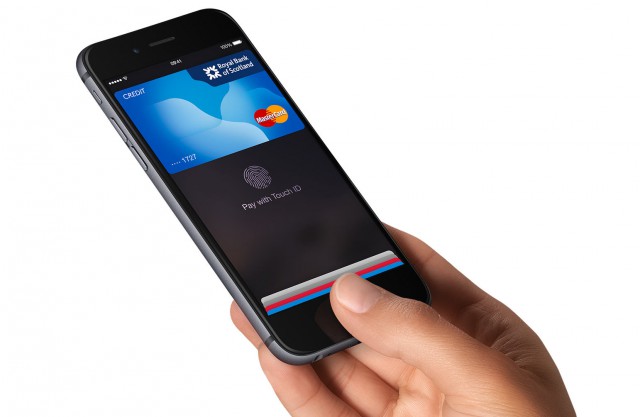
Kohl’s combines charge card and Yes2You Rewards into a single Apple Pay experience
One of my favorite places to shop is Kohl's. Now, I have many reasons, but primarily, I like its selection of affordable "Big and Tall" clothing. Yes, I'm a fat guy. Most of my wardrobe is bought there, including, quite often, my sneakers too. Heck, they even sell wonderful home goods, such as towels, coffee makers, and picture frames to name a few. It is a great "one-stop-shop".
An annoying thing about the Kohl's shopping experience, however, is carrying two cards for the retailer. You see, the company offers a charge card -- which is often required for the discounts -- plus a loyalty card for building rewards. I've often wondered why they do not just combine them. Starting today, thanks to Apple Pay, you can leave both cards at home, and get the benefits with just your iPhone.
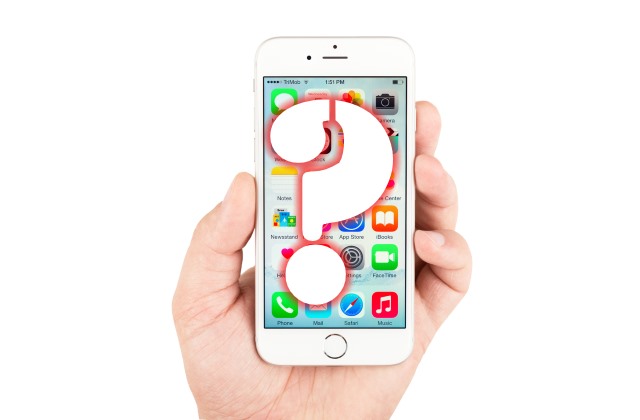
Apple: You're saying it wrong -- iPhones is not a word!
Apple's marketing chief Phil Schiller has taken to Twitter to set the record straight about the nomenclature of the company's product names. Specifically, he takes umbrage with just sticking an 's' onto the end of product names to pluralize them.
Yep -- iPhones is, apparently, not a word. Someone might need to speak with Tim Cook to get him on the same page though, as he doesn't seem to have seen the memo.

Apple's iPad Pro beats Microsoft's Surface... again
The tablet market has seen better days. In the first quarter of 2016 shipments totaled just 39.6 million units, which represents a 14.7 percent decline year-over-year. However, while the market is shrinking there is a category of slates which is gaining more interest from consumers.
That category is made up of so-called detachable tablets. Microsoft basically created it with the original Surface and Surface Pro four years ago, but now it is Apple which is reaping the benefits of its rival's efforts with the iPad Pro line. In fact, this is the second straight quarter when iPad Pro obliterates the Surface line.

FBI won't tell Apple how it hacked San Bernardino iPhone as it doesn't understand the technique
Apple had been hoping that the FBI would come clean about how it managed to gain access to the San Bernardino iPhone, but that's just not going to happen. The agency managed to crack the iPhone 5C at the center of the case after getting help from a third party rather than Apple.
But now the FBI has confirmed that it doesn't really know how the cracking tool works. Or, more precisely, it did not buy the rights to the technical details of the tool. After a very public battle with Apple, the FBI ultimately resorted to getting help from elsewhere, and there had been fears that the method would be classified -- now it seems it will remain secret simply because the FBI doesn't understand the tool it used.
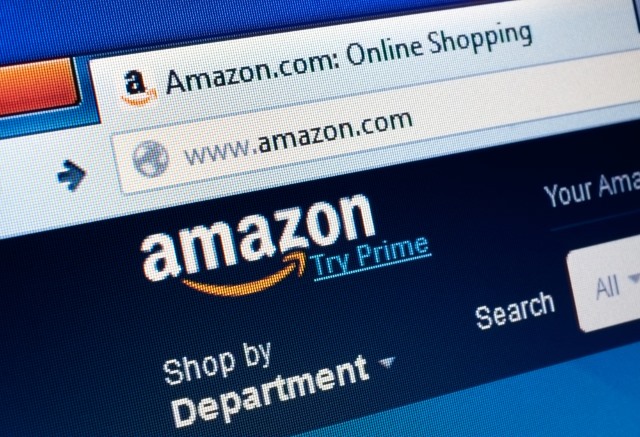
Amazon held to account for billing parents for in-app purchases made by their kids
A federal judge has ruled that Amazon is liable for sending out bills to parents of children who made in-app purchases without permission. Amounting to millions of dollars, the bills have now been deemed unauthorized, and Amazon faces having to pay back a large percentage of the money.
The case has echoes of similar legal action brought against Google and Apple for purchases made by children in the App Store and Google Play. Amazon, Apple and Google have all implemented systems to prevent unauthorized purchases since being investigated by the FTC back in 2014.
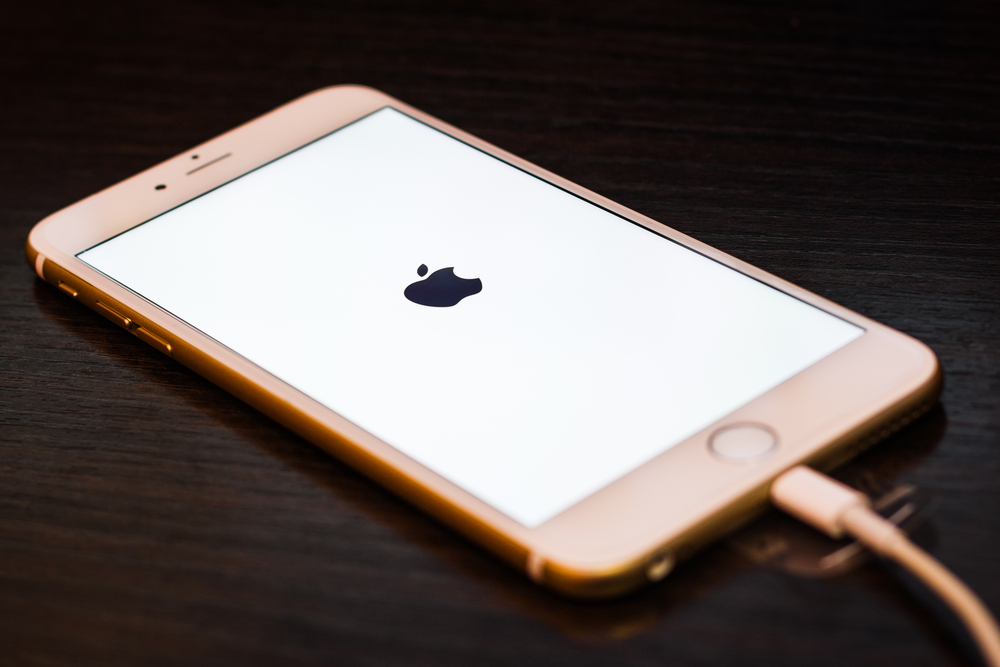
Can we dispense with the 'Apple is dead' meme -- other CEOs would lose a limb to have a bad quarter like this
Listening to Apple's fiscal second quarter 2016 earnings conference call yesterday was like attending a funeral—where the eulogy is for someone whom you know has gone to Hell. There's no way to sugarcoat that the good days are over and an eternity of burning flesh awaits. I kid you not. Haul over to iTunes and download the replay. You'll feel the grim reaper looking over your shoulder while CEO Tim Cook talks as joyfully about Apple's performance as a man granted last words before the gallows.
And I wonder why? So what that Apple reported its first revenue decline in 13 years, or that iPhone sales fell for the first time ever, or that Q3 guidance is a few billion short of Wall Street consensus? This friggin' company still mints money, and that ain't changing anytime soon. Revenue reached $50.6 billion—more than Alphabet and Microsoft combined, with $9.8 billion to spare. Apple's $10.5 billion net income exceeds that of both companies. Oh, and iPhone generated more revenue ($32.86 billion) than either competitor's total sales. Apple ended the quarter with a $232 billion cash horde. And we get a wake, not a celebration?
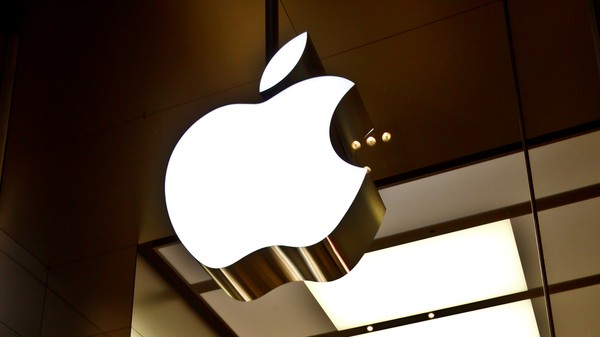
Apple fiscal Q2 2016 by the numbers: $50.6B sales, $1.90 EPS
The spotlight shines on the world's most-valuable company this fine Tuesday, as Apple revealed results for fiscal second quarter 2016. Wall Street expected the first revenue growth decline in more than a decade and iPhone's first-ever sales retraction . Is the sky finally falling? Eh, not yet. But the sun slowly sets over the vast smartphone empire.
Ahead of today's earnings announcement, Wall Street consensus put revenue down 10.4 percent year over year to $51.97 billion, with earnings per share down 14.2 percent to $2. Apple actual: $50.557 billion sales, $10.5 billion net income, and $1.90 EPS. Three months ago, the company told the Street to expect between $50 billion and $53 billion in sales. You read the numbers correctly: Apple uncharacteristically missed the Street's targets and came in on the low end of its own guidance.
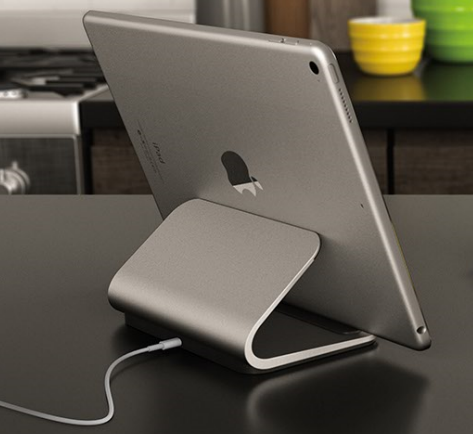
Logi BASE is an elegant iPad Pro charging stand
If you are a fan of Apple's iOS, you may be intrigued by the iPad Pro, and rightfully so. Regardless of the screen size you choose, the elegant professional-level tablet is not only great for some business cases, but having fun too.
Today, continuing the elegance trend with the iPad Pro, Logi (a Logitech sub-brand) announces BASE. Leveraging the 'Smart Connector' charging pins found on Apple's pro tablets, the stand supplies electricity to the device while both propping it up and proudly displaying the iPad like art.

Mötley Crüe's Nikki Sixx wants YouTube to pay artists more royalties
YouTube is not paying artists enough in royalties for music videos, and Mötley Crüe's Nikki Sixx has had enough. He says that the Google-owned video site pays just a fraction of the likes of Apple and Spotify.
Sixx is calling on other musicians to join forces in a bid to make YouTube dig deeper into its pockets and pay artists a fair share. He is quick to point out that this is not just about getting more money for himself, insisting that he is also looking out for "the little guy -- the up and comers that we were at one point".
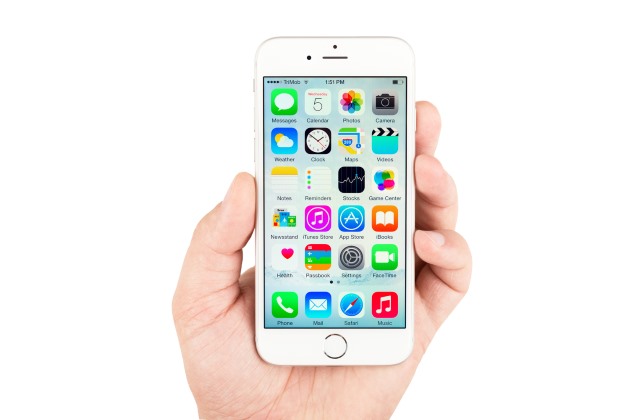
US Justice Department accesses another iPhone without Apple’s help
When it came to the San Bernardino iPhone, Apple was ready to dig in its heels and refuse to help the FBI to gain access to the encrypted contents. As it turns out, the company needn’t have bothered shouting as a third party helped instead. Now the same thing has happened with another iPhone.
This time around, the Justice Department had been looking for help accessing an iPhone at the center of a drugs case in New York. But now federal prosecutors have said they no longer need Apple’s help as they have managed to get by the lockscreen.
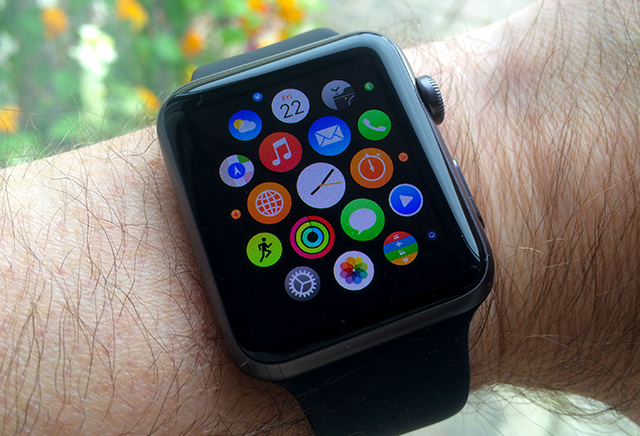
Apple tells developers watchOS apps must work without an iPhone
Apple has announced to developers that, starting June 1, all watchOS apps submitted for inclusion in the App Store must be native apps based on watchOS 2 SDK. What this means in practice is that Apple Watch apps must function without an iPhone.
This is something that has plagued wearables from other manufacturers -- including Samsung -- and the new rules will almost certainly go down well with consumers. Ultimately this should lead to an improvement in the quality of Apple Watch apps, as developers will be forced to build in more functionality.
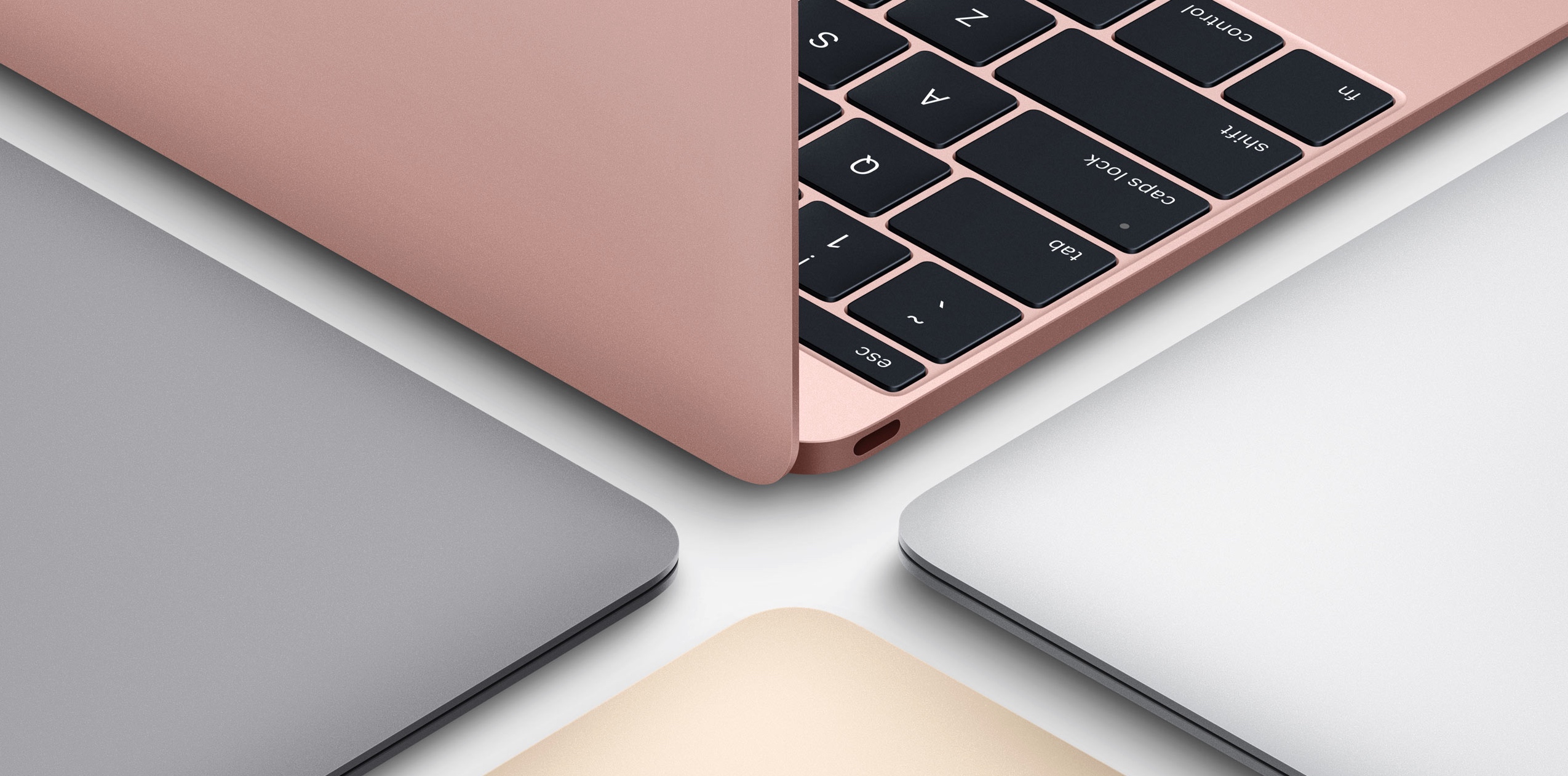
12-inch MacBook's three flaws that Apple could've fixed but didn't
Earlier this week, Apple finally updated its svelte laptop that launched 13-months ago. I am awe-struck by the company's design-audacity—not for brash innovation but bumbling compromises that make me wonder who needs this thing. The 12-inch MacBook offers much, wth respect to thinness, lightness, and typing experience (the keyboard is clever tech). But baffling is the decision to keep the crappy 480p webcam. These days, not late-1990s state-of-art, 720p is the least a pricey computer should come with, and is it too much to ask for 1080p or 4K when modern smartphones can shoot just that?
This shortcoming, and two others, glares because the little laptop otherwise offers so much, for its size. Thickness is 13.1mm, while weight is 2.03 pounds (.92 kilograms). The 12-inch IPS display delvers 2304 x 1440 resolution at 226 pixels per inch. This thing is tiny: 28.05 by 19.65 centimeters (11.04 by 7.74 inches). Apple's redesigned keyboard provides surprising travel, given the keys' shallowness. By these measures, MacBook is a great carry-along.

Woz: Apple should pay half its income in tax
The tax arrangements of international technology companies have been in the spotlight for a little while now. Few people disagree with the idea that they should be paying their way when it comes to tax, and one of these people is Steve Wozniak. He thinks Apple should pay tax at a rate of 50 percent -- just like him.
Just like Amazon, Facebook and Google, Apple manages to avoid a great deal of tax by channeling money through a subsidiary located in the Republic of Ireland. This reduces its tax bill dramatically by avoiding the UK corporation tax of 20 percent, and instead paying the Irish rate of 12.5 percent. Apple co-founder Woz feels the company should be paying the same rate that he has to.
